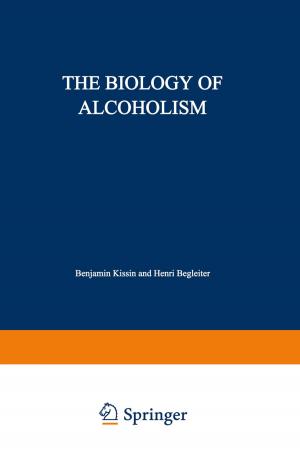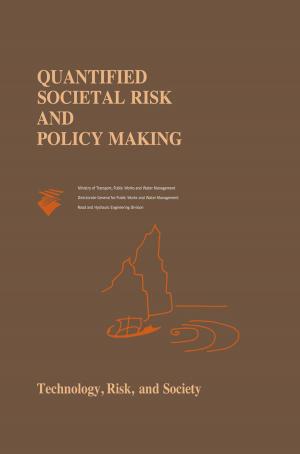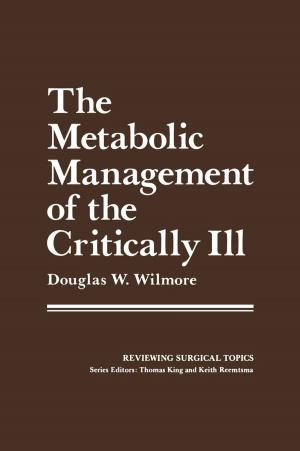Agricultural Marketing and Consumer Behavior in a Changing World
Business & Finance, Industries & Professions, Industries, Marketing & Sales| Author: | ISBN: | 9781461562733 | |
| Publisher: | Springer US | Publication: | December 6, 2012 |
| Imprint: | Springer | Language: | English |
| Author: | |
| ISBN: | 9781461562733 |
| Publisher: | Springer US |
| Publication: | December 6, 2012 |
| Imprint: | Springer |
| Language: | English |
As in many other sectors, in agribusiness major changes are taking place. On the demand side, consumers are changing lifestyles, eating and shopping habits, and increasingly are demanding more accommodation of these needs in the supermarket. With regard to the supply: the traditional distribution channel dominators - manufacturers of branded consumer products - are trying hard to defend their positions against retailers, who gather and use information about the consumer to streamline their enterprises and strengthen their ties with the consumer. The agricultural producers, meanwhile, face increased regulations with regard to food additives, pesticides, and herbicides. Pressures rise as their business becomes more specialized and capital-intensive than that of their predecessors. Finally, the larger political climate is not so favorable to agriculture, which now has to compete in the global market without significant government support.
This title describes and interprets changes in the domain of agriculture and food. The contributors develop the theme of taking an interdisciplinary approach to coping with these changes, using concepts and methods developed in general marketing, which are adapted so as to apply to the particular characteristics of the food and agriculture sector.
This book is published to honor the distinguished career of Professor Mathew T.G. Meulenberg from Wageningen Agricultural University, on the occasion of his retirement in September 1996. As a scientist, teacher, and advisor to the agribusiness and the government, Professor Meulenberg has made an important contribution to the development of marketing, inside and outside the domain of agriculture.
As in many other sectors, in agribusiness major changes are taking place. On the demand side, consumers are changing lifestyles, eating and shopping habits, and increasingly are demanding more accommodation of these needs in the supermarket. With regard to the supply: the traditional distribution channel dominators - manufacturers of branded consumer products - are trying hard to defend their positions against retailers, who gather and use information about the consumer to streamline their enterprises and strengthen their ties with the consumer. The agricultural producers, meanwhile, face increased regulations with regard to food additives, pesticides, and herbicides. Pressures rise as their business becomes more specialized and capital-intensive than that of their predecessors. Finally, the larger political climate is not so favorable to agriculture, which now has to compete in the global market without significant government support.
This title describes and interprets changes in the domain of agriculture and food. The contributors develop the theme of taking an interdisciplinary approach to coping with these changes, using concepts and methods developed in general marketing, which are adapted so as to apply to the particular characteristics of the food and agriculture sector.
This book is published to honor the distinguished career of Professor Mathew T.G. Meulenberg from Wageningen Agricultural University, on the occasion of his retirement in September 1996. As a scientist, teacher, and advisor to the agribusiness and the government, Professor Meulenberg has made an important contribution to the development of marketing, inside and outside the domain of agriculture.















